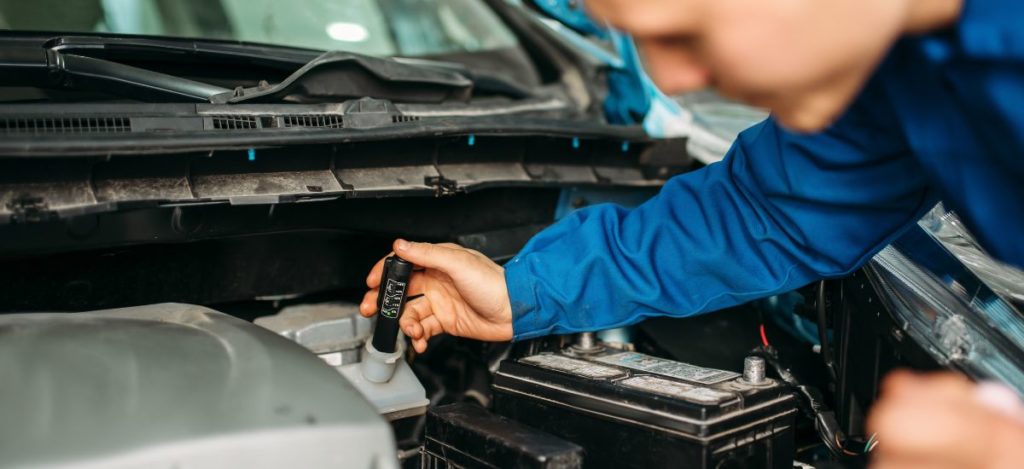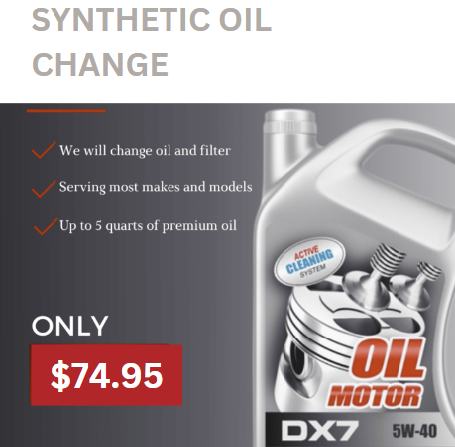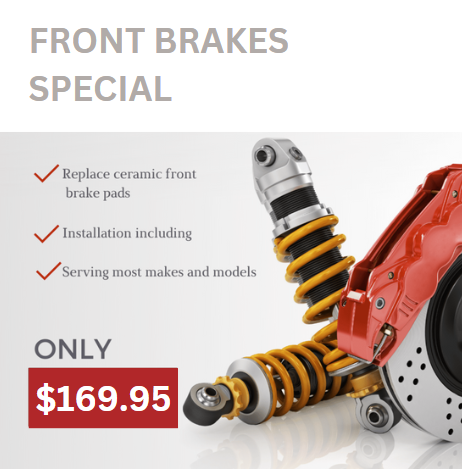Master Brake Rotor Resurfacing Techniques
What is brake rotor resurfacing, and when is it needed?
Driving with worn-out brake rotors can be dangerous and reduce the effectiveness of your vehicle’s braking system. However, replacing them can be an expensive affair. This is where resurfacing comes in. It is a cost-effective way to maintain your brake rotors and ensure we function optimally.
In this blog post, we will take you through all the aspects of brake rotor resurfacing techniques. Starting with what it means to resurface rotors, its importance, and when it’s appropriate to perform this maintenance task. We will also discuss whether to replace or resurface brake rotors, including their pros and cons. Lastly, we will address the question: Read on to learn more about mastering brake rotor resurfacing techniques!
Understanding the concept of Brake Rotor Resurfacing
Rotors can develop uneven surfaces over time due to wear and tear, affecting the overall performance of the braking system. Brake rotor resurfacing is a process that involves removing thin layers from the rotor to restore a smooth and flat surface. This helps improve braking performance and reduces vibrations, providing a safer driving experience. Proper resurfacing requires specialized equipment and expertise to ensure precise material removal without compromising the rotor’s structural integrity. By extending the lifespan of the rotors, resurfacing can be a cost-effective alternative to replacing them entirely. Understanding the concept of brake rotor resurfacing is essential for proper maintenance and optimal braking efficiency.
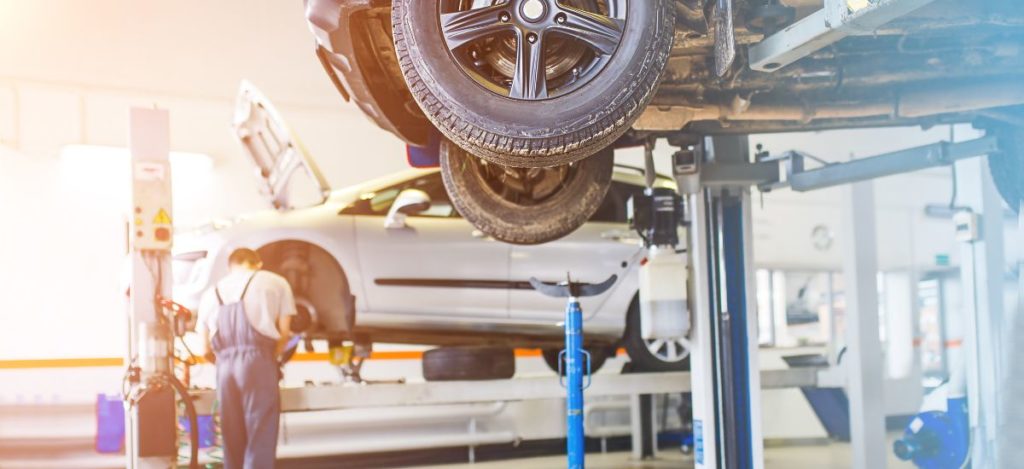
The Importance of Brake Rotor Resurfacing
Maintaining consistent friction between the brake pads and rotors is crucial for effective braking. Brake rotor resurfacing plays a vital role in achieving this. Resurfacing restores the optimal contact area by removing thin layers from the rotor, ensuring smooth and responsive braking. It also helps prevent brake noise and reduces the risk of brake failure. Neglecting rotor resurfacing can lead to premature wear of brake pads and other braking components, compromising safety. Therefore, it is essential to prioritize regular resurfacing to maintain a safer and smoother driving experience. Remember, proper resurfacing requires specialized equipment and expertise to ensure optimal results.
When is the Right Time for Rotor Resurfacing?
The ideal time for rotor resurfacing is when the thickness variation exceeds the manufacturer’s specifications or when visible signs of wear, such as grooves or scoring, are present on the rotor surface. It is essential to resurface before installing new brake pads to ensure proper bedding-in. Regular brake inspections can help determine the right time for resurfacing.
Signs Indicating the Need for Rotor Resurfacing
Squealing or grinding noises during braking can indicate an uneven rotor surface, compromising the effectiveness of the brake system. Vibrations or pulsations in the brake pedal or steering wheel may also suggest the need for rotor resurfacing. Another telltale sign is excessive brake pedal travel or a soft brake pedal, indicating worn-out rotors that require resurfacing. Additionally, if your vehicle takes longer to stop or experiences reduced braking power, it may be time for rotor resurfacing. Visual inspection of the rotors for grooves, scoring, or a glazed appearance can further confirm the need for resurfacing to restore optimal braking performance.
Is Resurfacing a Better Option than Replacing Brake Rotors?
Resurfacing can be more cost-effective and time-saving than replacing the entire brake rotor. It can restore the performance of slightly worn brake discs without compromising safety. However, severely worn or damaged rotors may need —a professional assessment to determine the best course of action.
Pros and Cons of Brake Rotor Replacement vs. Resurfacing
When considering whether to replace or resurface brake rotors, weighing the pros and cons of each option is essential. Replacement offers the advantage of providing a completely fresh surface for optimal braking performance. It also allows for addressing severe rotor wear or damage and upgrades to higher-performance rotors. However, replacement comes with a higher cost than resurfacing and requires additional time for installation. It may not be necessary if the existing rotors are still within specifications.
On the other hand, resurfacing is a cost-effective alternative. It maintains the original rotor thickness and can improve braking performance while reducing vibrations. However, resurfacing is limited to rotors within acceptable wear limits and may not address severe damage or wear. It also requires specialized equipment and expertise to ensure proper results. Understanding the pros and cons of both options can help car owners make an informed decision regarding brake rotor maintenance.
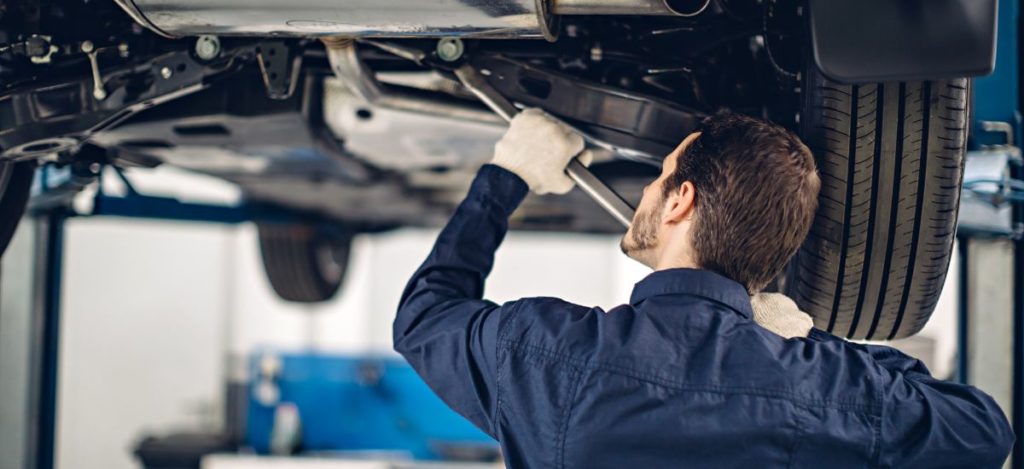
Can Drilled and Slotted Brake Rotors be Resurfaced?
Resurfacing drilled and slotted brake rotors is possible within acceptable wear limits. However, preserving the drilling or slotting pattern is crucial during the process. It’s advisable to consult a professional to determine if resurfacing is suitable. In some cases, replacement might be necessary due to the rotor’s specific design. Regular maintenance and proper bedding-in can extend the lifespan of these rotors.
Resurfacing brake rotors can be an effective way to restore their performance and extend their lifespan.
However, it is essential to consider the condition of the rotors and the severity of any existing damage. While resurfacing can be more cost-effective than replacement, better choices may exist.
It is crucial to weigh both options’ pros and cons and consult a professional mechanic to determine the most suitable action for your situation. Remember, proper maintenance and regular inspections are crucial to ensuring the safety and efficiency of your braking system.

